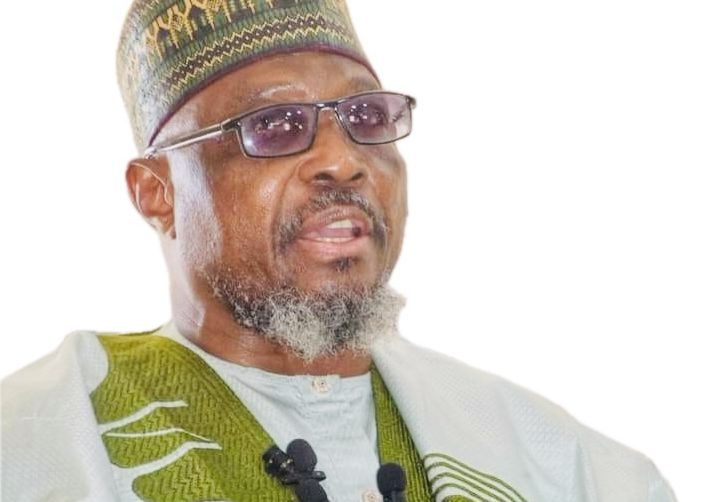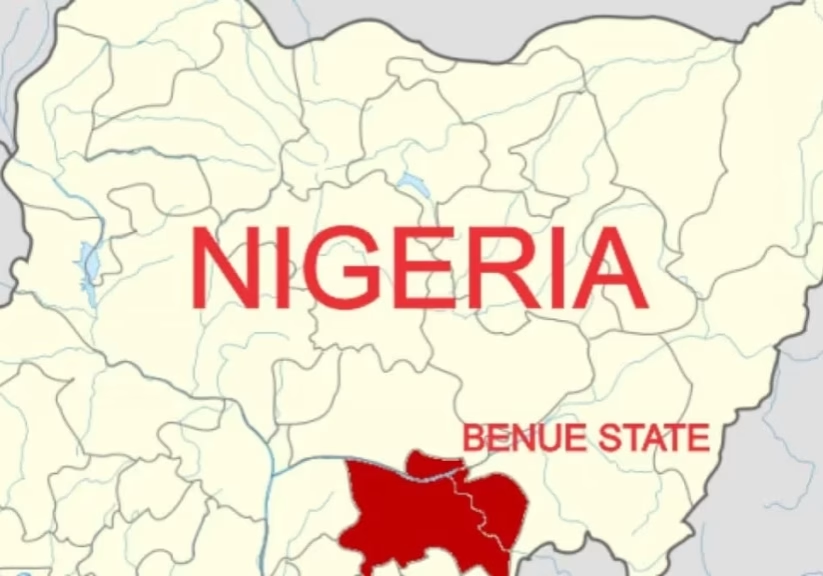In a bid to address the looming food crisis in Zimbabwe, the United States Agency for International Development (USAID) has declared a substantial contribution of US$11.27 million to the World Food Programme (WFP). This funding aims to assist approximately 230,000 vulnerable individuals in Mwenezi, Mangwe, Chivi, and Buhera districts during the lean season from January to March 2024.
The aid announcement comes as the Zimbabwe Vulnerability Assessment Committee (ZimVAC) reports that 26 percent of the rural population will face inadequate cereal supplies, requiring over 100,000 MT of maize grain. Furthermore, the predicted El Niño weather pattern for the 2023-2024 rainfall season indicates below-normal precipitation and high temperatures, posing a substantial risk of decreased agricultural productivity and exacerbated food insecurity.
USAID’s financial support will enable WFP to bolster the Government-led Food Deficit Mitigation Strategy Programme, benefiting 2.7 million people across all districts in Zimbabwe. By mitigating household food stock depletion and diminishing negative coping mechanisms, the program aims to prevent the most vulnerable populations from plunging deeper into food insecurity.
Francesca Erdelmann, WFP Zimbabwe Representative and Country Director, expressed gratitude for USAID’s contribution, emphasizing the critical role it plays in preserving lives. The assistance, comprising cereals, pulses, and fortified vegetable oil, is a vital step in addressing the nutritional needs of vulnerable rural dwellers in Zimbabwe.
As WFP executes its assistance initiatives during the lean season and beyond, the agency is committed to enhancing its monitoring mechanisms to effectively support at-risk families throughout the country. Additionally, WFP will engage communities actively, fostering their resilience to mitigate the impact of the anticipated El Niño drought. This multifaceted approach involves the creation of essential assets such as boreholes, reservoirs, and drip irrigation systems, alongside the distribution of drought-resistant seeds to smallholder farmers.
Notably, USAID’s recent financial injection into WFP’s food and resilience programs in Zimbabwe brings the total funding from the United States to over US$24.3 million for the year 2023. This collaboration serves as a beacon of hope in addressing Zimbabwe’s pressing food insecurity challenges, offering a lifeline to communities grappling with the perils of climate-related disruptions and socioeconomic vulnerabilities.








